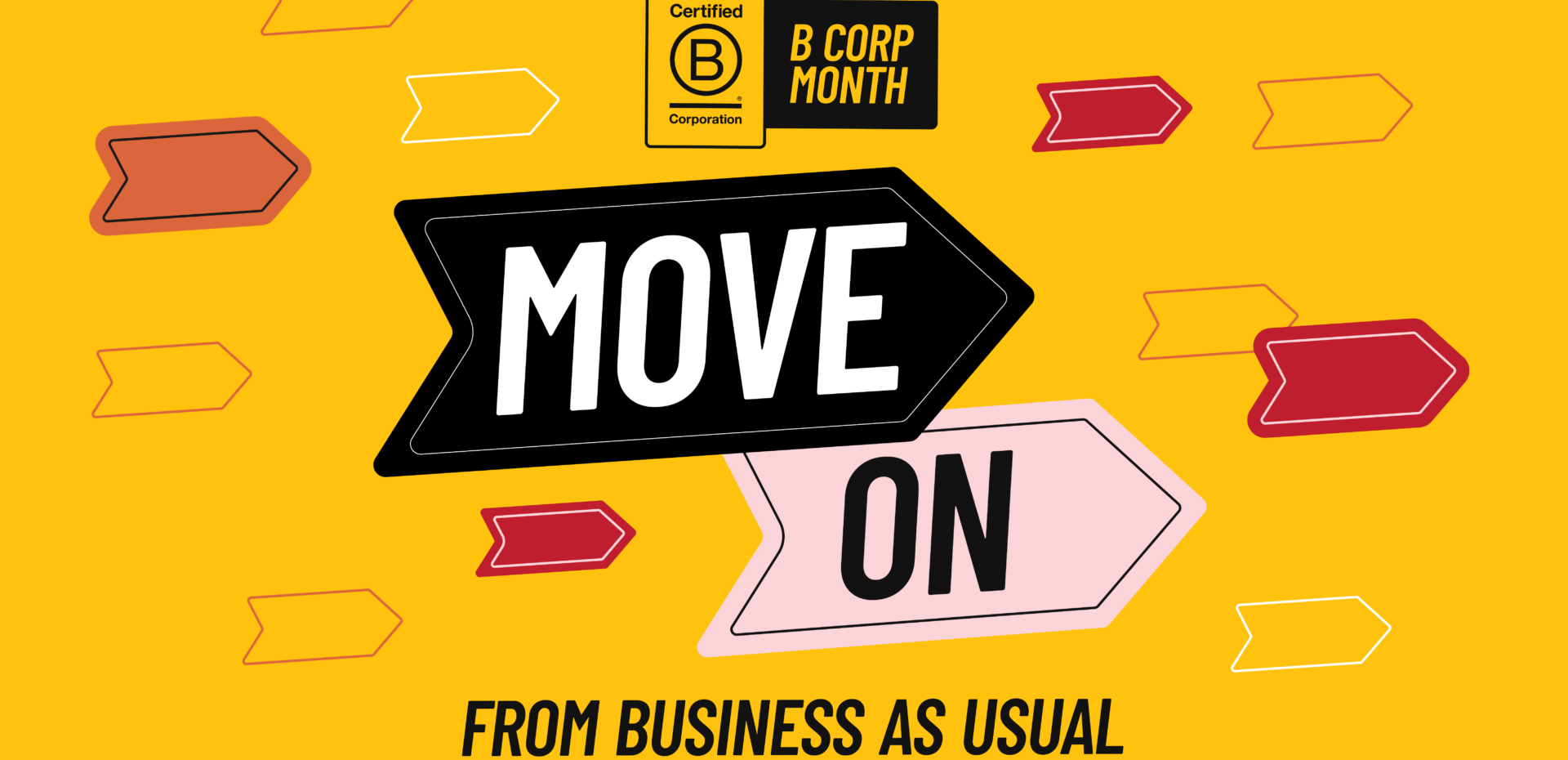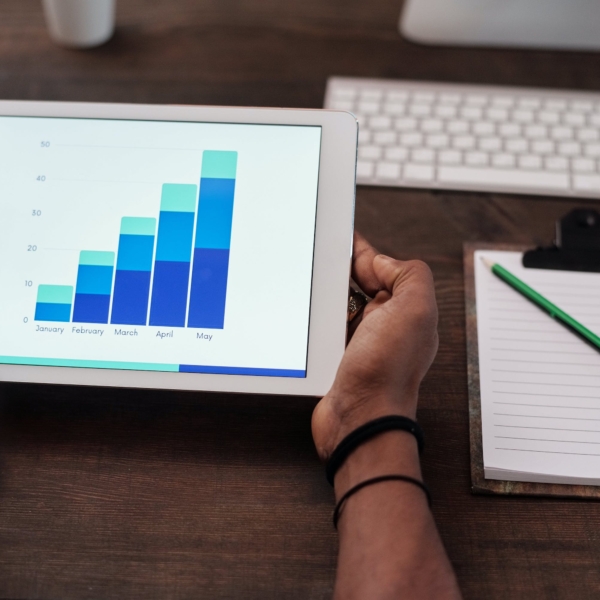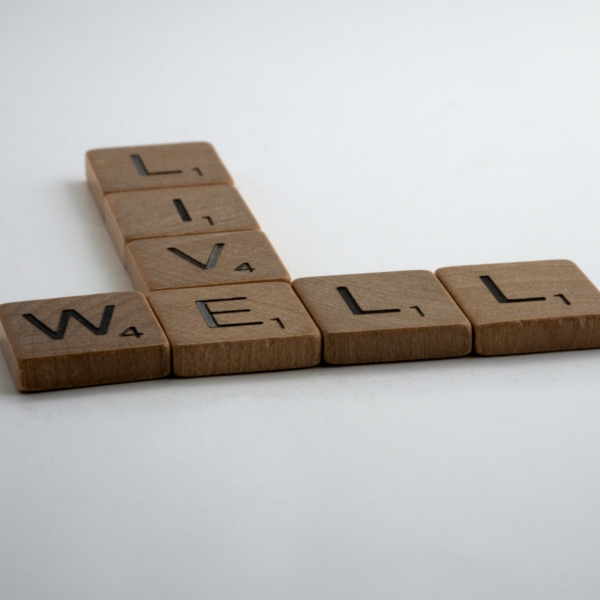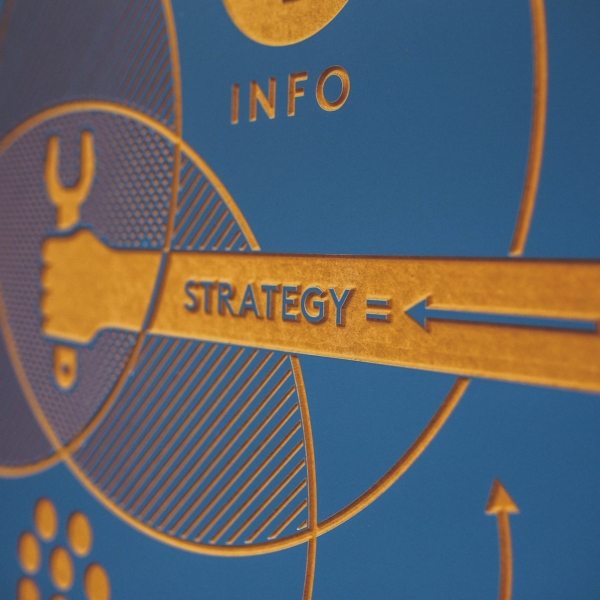Future-Proofing Business Through Impact Improvement
March 18, 2024
B Corps Share Insights on Their Impact Improvement Journeys
“When it was time to renew their B Corp Certification, 63% of our community increased their impact score.”
B Corp Certification is more than a destination. It’s an ongoing journey to shape businesses that are better for people and the planet.
Building a positive impact on B Corp stakeholders — including workers, customers, community, and the environment — means developing, testing, and adjusting practices, policies, and products that contribute to a better future. During B Corp Month every March, B Corps celebrate their community’s commitment to positive social and environmental impact and the lessons learned on their journey to use business as a force for good.
Three B Corps provided examples of how they are pursuing organizational improvement. They are building on their strengths, leaning into other opportunities to build social and environmental impact, and boosting their B Impact Assessment score at recertification.
- Mad Fish Digital is an Oregon-based digital marketing agency with 20 employees. Mad Fish has been a B Corp since June 2018 and completed recertification in August 2022.
- Banyan Botanicals provides certified organic herbs and personal care products. With operations in Oregon and New Mexico, the company has about 90 employees. Banyan has been a B Corp since 2019 and completed recertification in June 2023.
- Grounded World is a Connecticut-based social innovation and brand activation agency with 10 team members. Grounded World has been a B Corp since 2019 and recertified in April 2023.
The B Corp Certification process differs for companies based on size, sector, and location. The standards for B Corp Certification are evolving, with proposed standards in development that expand impact topics while focusing on creating benefits for people and the planet.
Find inspiration for your company’s impact improvement journey from the insights these small and medium-sized businesses share about their B Corp recertification journey.
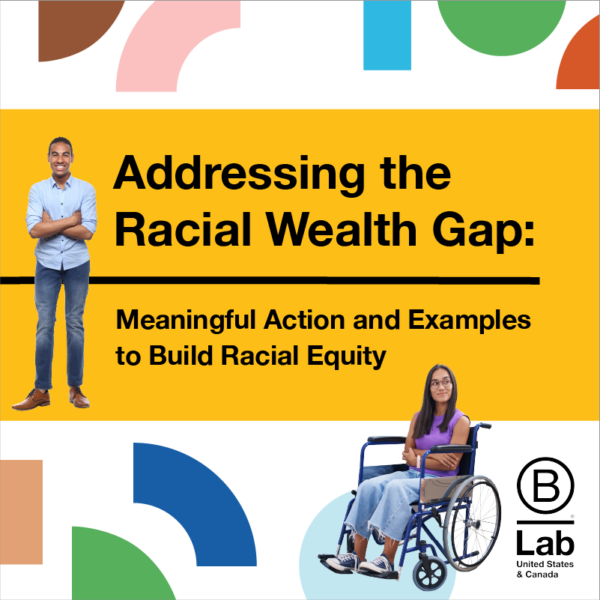
Action and Examples to Build Racial Equity
B Lab U.S. & Canada and the B Corp community seek to change a system that does not meet the needs of most. This guide shares resources and practices that can help drive economic systems change for the benefit of all.
Mad Fish Digital: Building on Purpose for Community and Environment Impact
Mad Fish Digital’s primary business purpose is to elevate the experience of its employees, clients, and customers. As Mad Fish prepared for B Corp Certification, it identified the areas of the B Impact Assessment relating to workers and customers as strengths. The company’s scores in community and environment were lower, so Mad Fish explored how it could increase those scores while building on its purpose.
Pursuing those changes required Mad Fish to dedicate time and resources to the work, just as it would for any client. Corrie Herman, Co-Founder and Chief Financial Officer of Mad Fish Digital, said that included creating a B Team of employees who work on specific aspects of the impact goals. “We established an open enrollment period in which people passionate about the objectives of the B Team could opt into the work for the coming year and have a set amount of hours each month to meet and work toward achieving our improvement goals,” Herman said.
The changes focused on internal and external programs. “We focused on building our volunteer time off (VTO) challenge and pro bono program to support our team’s philanthropy goals and aid community organizations we care about,” Herman said. That focus helped Mad Fish increase its VTO hours by 36% in 2023 compared to 2021 and donate more than $28,000 of support to pro bono clients. “We also began work to create service offerings specifically for customers with aligned values,” Herman said.
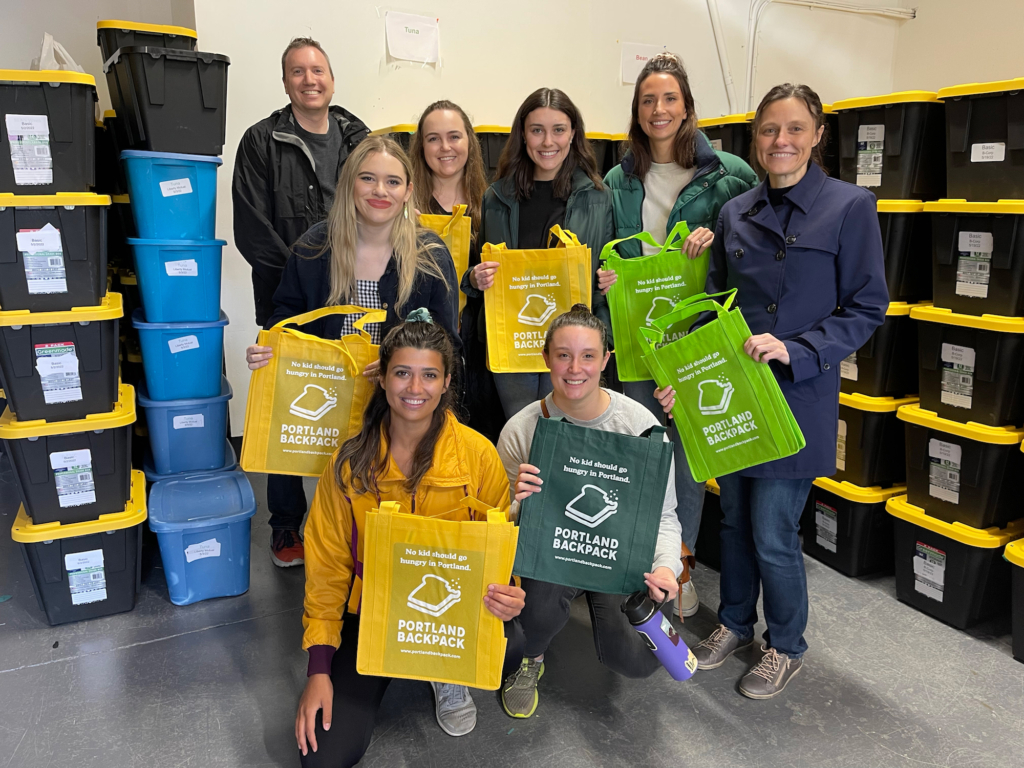
Mad Fish Digital’s community impact efforts included a Portland Backpack event during the B Local PDX Day of Service.
Mad Fish established accounting and human resources systems to ease data collection for impact reporting and the B Impact Assessment process. The agency also invested in third-party consulting to develop its justice, equity, diversity, and inclusion (JEDI) work and help build an equitable performance management and compensation system for its team members. Those changes helped Mad Fish improve its score in the workers category by 5.1 points.
On the environmental front, Mad Fish partnered with Offset Alliance to track carbon offsets and became Offset Climate Certified in 2022. It also introduced office composting and low-flow water fixtures and provided work-from-home sustainability resources.
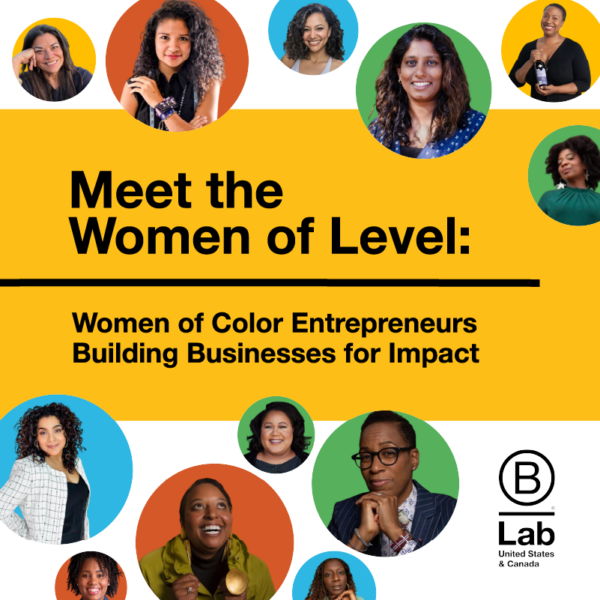
Meet the Women of Level
Learn more about 29 business leaders building a more equitable and just economy in a new resource from B Lab U.S. & Canada.
Banyan Botanicals: A Teamwide Effort to Set and Track Impact Goals
Banyan Botanicals’ impact improvement involves team members throughout the company with leadership from Erin Douglas, Social & Environmental Responsibility Senior Manager. Douglas said she assigns a team lead and relevant team members to each section of the B Impact Assessment. Each department sets new relevant social and environmental improvement goals annually.
To help guide their work, Douglas downloaded B Impact Assessment questions and Banyan’s answers, goals, and notes into a working document. In the year and a half before recertification, Douglas and the teams met to track and discuss the company’s progress on impact goals. The regular review meetings help Douglas and others at Banyan make continual progress on impact goals and B Impact Assessment deadlines.
Banyan focuses on impact improvement, which also has a business purpose. “The process of B Corp Certification and recertification holds us accountable to our three business pillars — organic, fairly traded, and sustainably sourced — as well as our core values and our commitments,” Douglas said. “We are a better business because we are a B Corp.”
Banyan also formed a social and environmental responsibility council that includes its leadership team plus stakeholders across the company who speak to relevant issues depending on the meeting topic. “During these meetings, we regularly discuss specific sections or questions of the B Impact Assessment as a team to decide how best to implement a new policy,” Douglas said.
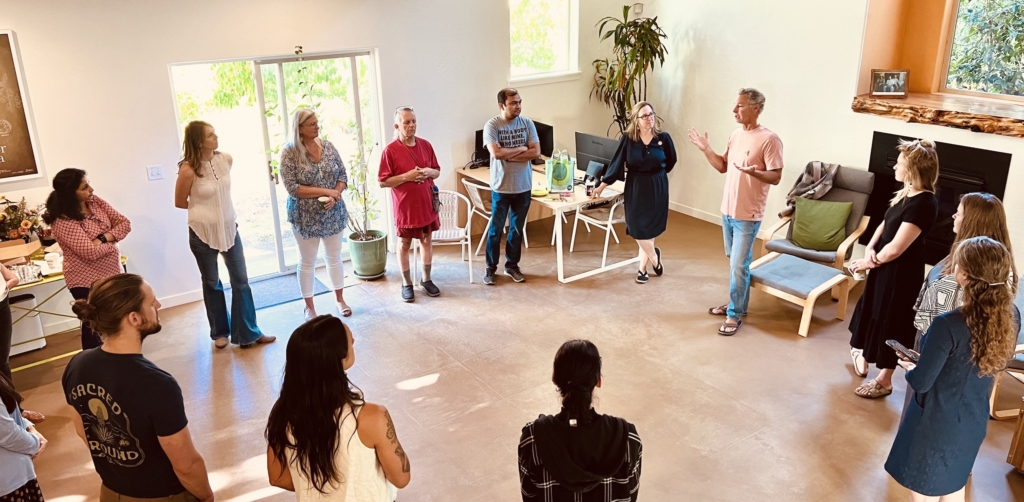
Banyan Botanicals CEO Kevin Casey gathers the team to celebrate the company’s B Corp recertification.
The company embeds social and environmental impact in its operations in several ways. Every job description for managers and above includes relevant social and environmental responsibilities. Departments are encouraged to add social and environmental responsibility goals to their annual executive summary plans and quarterly goals. Each department reports on progress quarterly.
Banyan’s products and supply chain are also shaped with positive impact in mind. It starts with certified organic products that are cultivated by farmers who emphasize the use of renewable resources and the conservation of soil and water. Fairtrade efforts aim to alleviate poverty among suppliers, and written policies for ethical marketing and data privacy help protect customers.
Banyan’s impact focus extends to partnerships and memberships. It has a devoted social and environmental responsibility budget to cover third-party certifications, philanthropy, and impact partner programs. This includes collaborative membership communities that support its B Corp impact goals, such as the Sustainable Herbs Program and the OSC Packaging Collaborative.

10 Things to Know About B Corps
Certifying as a B Corp is a major milestone and accomplishment — but it is just one part of a company’s ongoing impact improvement journey. This guide features information for people new to or curious about the Certified B Corporation community.
Grounded World: Empowering Team Members to Drive Impact Improvement
The B Corp Certification process reveals areas for impact improvement, and Grounded World dove into those to prepare for recertification. Company leaders used Grounded World’s initial B Impact Assessment results and stakeholder feedback to help identify environmental and social impact performance indicators. They included tracking and reducing carbon emissions, prioritizing diversity among staff and suppliers, and supporting people and the planet through increased annual charitable giving.
Phil White, Co-Founder and Chief Strategy Officer of Grounded World, said the company also created an internal framework to support impact improvement efforts. “We now have a B Keeper who is instrumental in our business operations and holds leadership to account,” White said.
Grounded World partnered with Greenly, a carbon accounting platform, to help track, reduce, and offset its carbon emissions. Because team members also play a role in the company’s environmental strategy, Grounded provides guidelines and environmental stewardship training to help employees reduce their carbon emissions while working from home or traveling for business.
In 2021 Grounded World added eight team members and expanded its process to gather feedback in real time and via a team engagement survey. The agency also focused on working with additional purpose-driven organizations, and 36% of its clientele now meets that classification.
Grounded World has a standing commitment to donate a portion of annual revenue to charitable causes. It increased yearly giving from 1% of annual gross revenue in 2019 to 5% of annual gross revenue in 2021.
These and other changes helped Grounded World improve its impact, especially related to workers and community. Amid the updates, Grounded World maintains a focus on a strong bottom line to help fuel its impact. “B Corps are businesses — not nonprofits — so you have to be able to make money to make a difference,” White said. “Building and scaling a B Corp is really all about building and scaling yourself and your team.”
Sign Up for our B The Change Newsletter
Read stories on the B Corp Movement and people using business as a force for good. The B The Change Newsletter is sent weekly.
